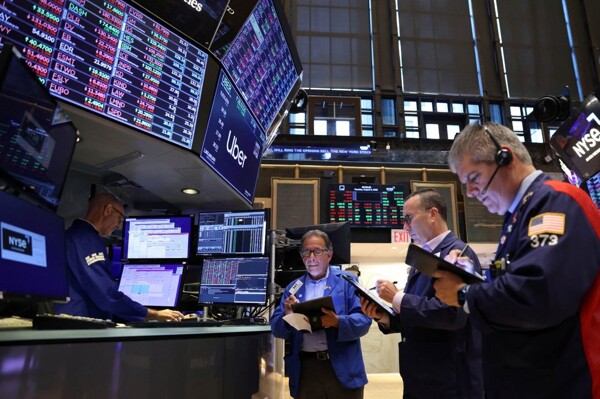
The Government has discontinued the most utilized benefit for retirees, framed in a measure that facilitates the exchange of depreciated or damaged dollar bills, previously rejected at exchange houses and banks. Many savers faced difficulties in exchanging 'small face' or damaged dollars, and often received a lower value at these places, where the service was also provided by private international banks with an associated cost.
The Central Bank of the Argentine Republic (BCRA) has extended the deadline for banks to accept damaged, stained, or low denomination dollar bills. According to government regulations, individuals can go to the responsible banking entities and exchange them at no cost.
Communication A 8079 from the BCRA stipulates that these bills can be deposited in banks until December 31, 2025, although they may be valued at a lower price for various reasons. By taking on this process, the Central Bank will be responsible for sending these damaged bills to the Federal Reserve of the United States, a responsibility that was previously borne by international banks that charged for the transaction.
To exchange damaged dollars, users must first check if their bank participates in the program. It is important to note that dollar bills from 1996 remain valid for financial transactions and that higher denomination bills are easier to transport and have more security features than those of lower nominal value.
The banks participating in the program offer this service for free until the deadline of December 2025. However, 'small face' dollars issued by the Federal Reserve are not well received in the Argentine informal market and are often valued below those of higher denominations. Subsequently, users must deposit the bills in the banks, where their authenticity and integrity will be verified based on the standards of the Federal Reserve of the United States.
In the parallel market, damaged, stained, or low denomination bills are often valued below their nominal value. This measure, which originally emerged in the context of money laundering, aims to provide a service that previously had a significant cost and to facilitate user access to this process, which was previously more complicated and generated additional costs for financial entities.














